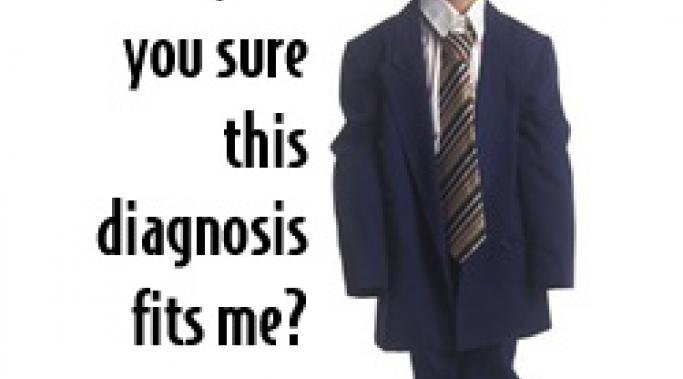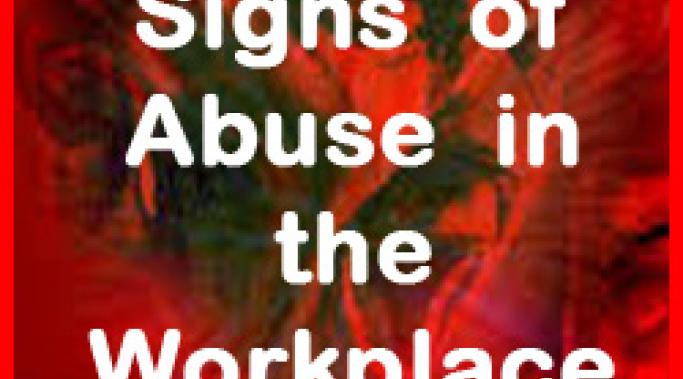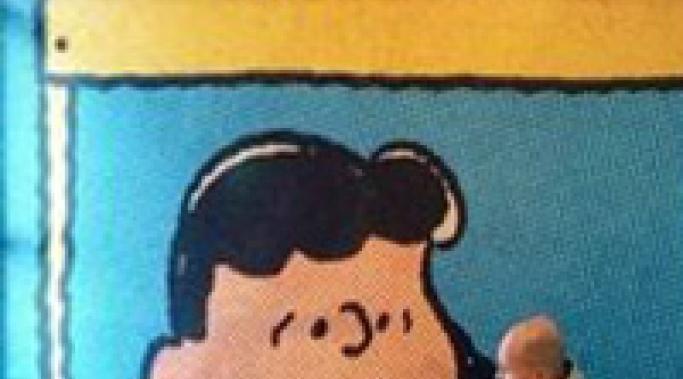Blogs
It's hardly a secret that in the mental health field, everyone gets their take. There is no definitive medical test for any mental illness, and most mental health professionals don't have the time or resources to dig as deep as one hopes.
When I discovered I was bipolar, I suddenly became scared of everything. Things that never crossed my mind started to shudder through my bones and produce endless waterfalls of tears. I was afraid of diagnosis. I was afraid of what it meant. I was afraid of psychiatrists. I was afraid of treatment. I was afraid of not getting treatment. I was afraid of what the treatment would do to me.
Mental illness means being afraid.
Certain fantasies bonded me to my verbally abusive husband like super glue. My heart and mind alternated between "hoping" and "knowing" the dreams were true. I repeated them to myself and other people like mantras, almost as if saying it made it so. The fantasies were created early on and their existence prohibited me from hearing the truth. Here are the top five lies that bound me in "love".
Katherine Stone suffered from postpartum OCD after the birth of her first child. With treatment, she made a full recovery and decided to provide pregnant women and new mothers with support and help for postpartum depression and anxiety through her blog, Postpartum Progress. Today, it's the most widely read blog on perinatal mental illness.
You may have heard of the five "survival roles" often taken on by alcoholic families--Chief Enabler, Hero, Scapegoat, Lost Child, and Mascot. Sharon Wegsheider-Cruse is credited with identifying these roles within families living with chemical dependency in 1976. I learned these roles in high school when I attended a meeting for children of alcoholics to support a friend. Imagine my confusion when, in the course of the meeting, I began to recognize at least a few of the characters within my own family, even though none of us were chemically dependent. (The survival roles have since been applied to the broader scope of "dysfunctional" families.)
A family is a single, cohesive unit (no matter how loudly some members may protest to the contrary). When part of the family doesn't function as it should, the other parts adapt in an effort to retain or regain that function as a unit. Every member contributes in some way. Unfortunately, even the youngest members of a family take on roles when the need is sensed.
The area of diet and mental illness is a contentious one. I suspect that’s for several reasons:
1. Many alternative practitioners make their living telling people what to eat and they want to believe this will help.
2. Individuals want to believe the treatment is simple, drug-free and something they can control.
3. The placebo effect leads to dramatic anecdotes.
Here's what we know about diet and bipolar disorder.
Angela McClanahan discusses the state of life with Bob, and reacts to a recent comment.
When it comes to understanding Dissociative Identity Disorder, most people get too hung up on the concept of the alternate identity. Identity alteration is widely and mistakenly accepted as the essence of what DID is. And so the two most popular theories about the development of Dissociative Identity Disorder revolve around the existence of alters: the Broken Vase Theory, and the Multiple Vase Theory. Neither are satisfactory explanations for how DID develops and ultimately both theories' inaccuracies stem from the same error: the assumption that early childhood identity is cohesive and intact when in fact it is anything but.
At one job, my boss manipulated and controlled her employees. She tried to win over her employees by becoming overly familiar with us and then using the information to manipulate our actions, even play one employee off another. She obviously manipulated my supervisor, Dean, and after becoming his friend, I found she abused him in hidden ways, too. The signs of workplace abuse made it obvious I needed a new job (Dealing With Verbal Abuse At Work).
It's tempting to think that because we read a list of symptoms for a mental illness, we can diagnose ourselves. We might think that taking a self-test online indicates the presence of an illness, or lack thereof. These things, however, are simply not the case.







my instagram is @chikinntenders or you can email me @ carolinelijia@gmail.com
Just know that you're not alone, and just because you feel like you should be happy doesn't mean you necessarily are. Sending love <3
Thank you for reading and leaving that comment. I wrote this piece because I know what it's like to beat yourself for not being able to do what the world says we should be able to. I want us all to stop doing that.
I'm honored to help where I can.
-- Natasha Tracy